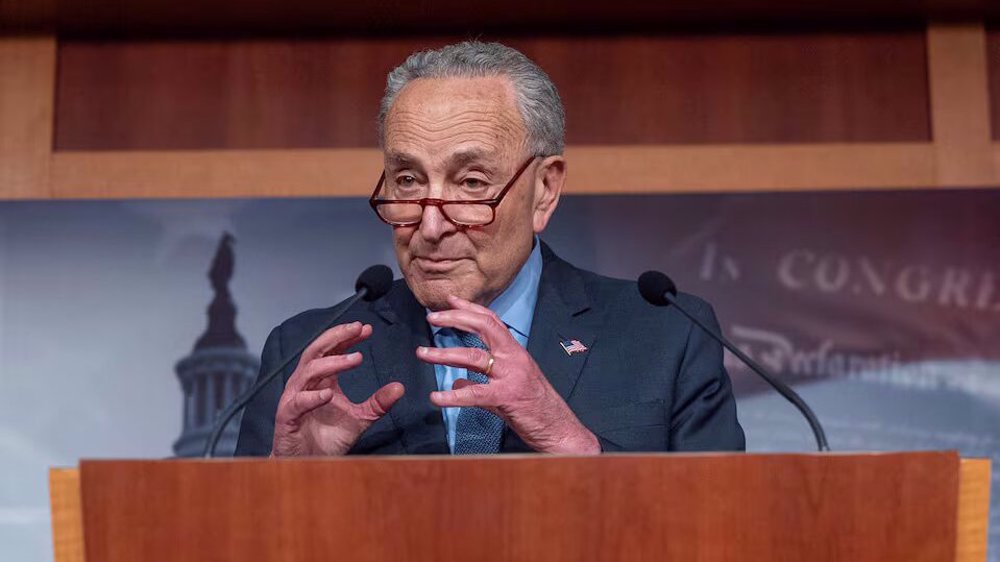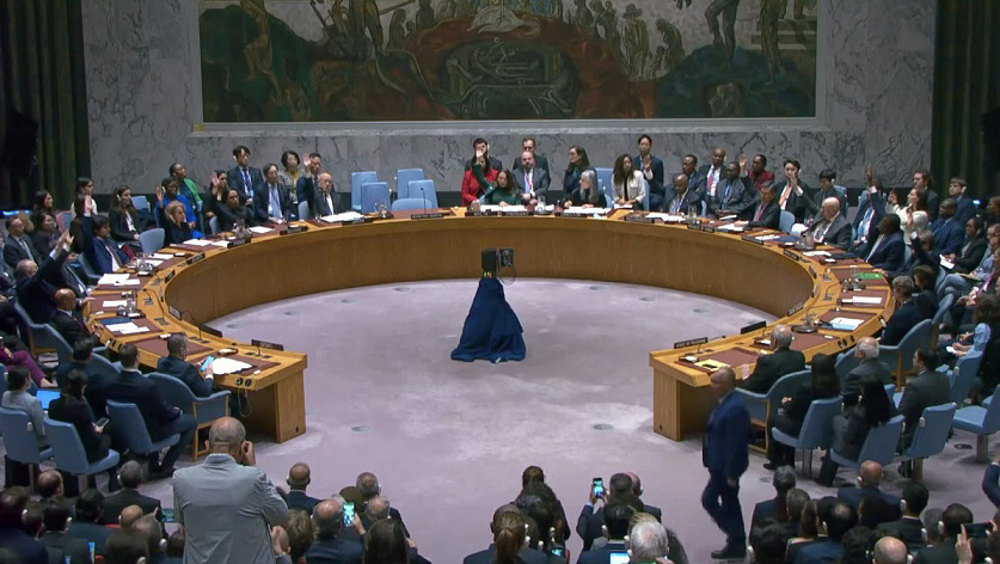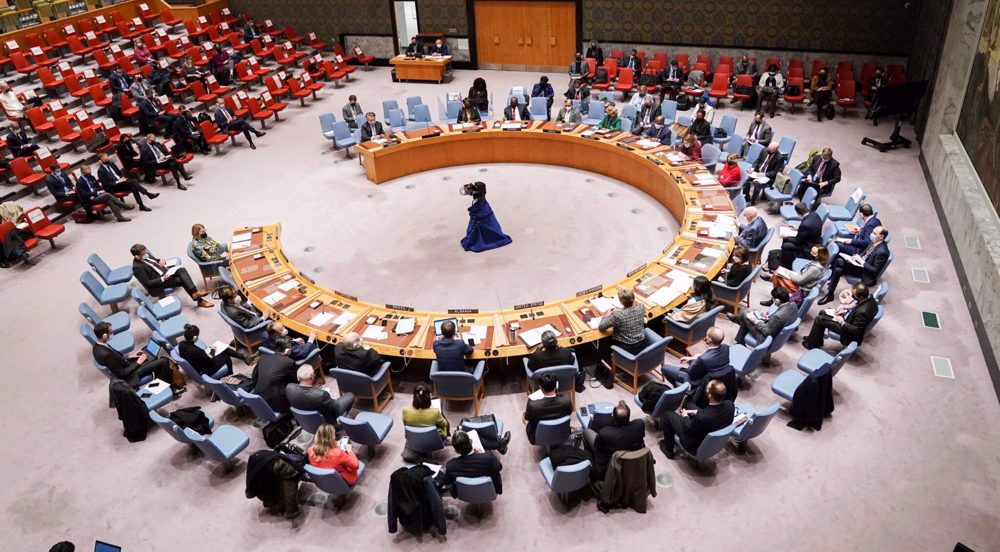US House lawmakers: Iran deal must halt nuclear program for 'decades'
A bipartisan group of US lawmakers has signed a letter telling President Barack Obama that any nuclear accord must constrain Iran's nuclear program for “decades” before Congress will roll back sanctions.
The letter, which was signed by 367 members of the House of Representatives and released Monday by the House Foreign Affairs Committee, said, "A final comprehensive nuclear agreement must constrain Iran's nuclear infrastructure so that Iran has no pathway to a bomb, and that agreement must be long-lasting.”
In any agreement, “Congress must be convinced that its terms foreclose any pathway to a bomb, and only then will Congress be able to consider permanent sanctions relief,” according to the letter.
House Speaker John Boehner and Majority Leader Kevin McCarthy are among those who signed the letter.

The letter comes at a time when officials from Iran and the P5+1 – the US, Britain, France, China, Russia and Germany – are engaged in intense negotiations to work out a comprehensive agreement aimed at ending the longstanding dispute over the Islamic Republic’s civilian nuclear work as a July 1 deadline approaches.
The United States, Israel, and some of their allies accuse Iran of pursuing military objectives in its civilian nuclear program.
Washington and its allies have imposed illegal sanctions on Iran based on the unfounded accusation that Tehran is pursuing non-civilian objectives in its nuclear program.
Iran rejects the allegation, arguing that as a committed signatory to the nuclear Non-Proliferation Treaty (NPT) and a member of the International Atomic Energy Agency (IAEA), it has the right to use nuclear technology for peaceful purposes.
The letter, signed by a majority of Republicans and Democrats in the House, said that “negotiators must obtain maximum commitments to transparency by Iran.”
"Any inspection and verification regime must allow for short notice access to suspect locations, and verifiable constraints on Iran's nuclear program must last for decades,” it added.
The House representatives also warned Obama that any sanctions relief on Iran as part of an emerging nuclear deal would require new legislation from Congress.
"Should an agreement with Iran be reached, permanent sanctions relief from congressionally-mandated sanctions would require new legislation. In reviewing such an agreement, Congress must be convinced that its terms foreclose any pathway to a bomb, and only then will Congress be able to consider permanent sanctions relief," the letter said.
On Friday, the sixth day of the latest round of negotiations in the Swiss city of Lausanne, another meeting was held between Iranian Foreign Minister Mohammad Javad Zarif and US Secretary of State John Kerry.

Following his talks with Kerry, Zarif said on Friday, “We made good progress over this week. We’ve done a lot of hard work, but some work remains ahead.” On Saturday, Kerry said that "substantial progress" had been made toward a final accord.
The negotiations are supposed to resume this week in Switzerland.
GJH/GJH
VIDEO | Press TV's news headlines
France fails to ban anti-Islamophobia protests
In Numbers: 200 days of Israeli genocidal war against Palestinians in Gaza
Death toll mounts in Gaza as Israeli genocidal war marks 200 days
Hamas dismisses US accusation of obstructing ceasefire in Gaza
Gaza solidarity protests sweep US universities despite police crackdown
Tension flares in India after Modi's anti-Muslim hate speech amid elections
Iran, Pakistan to bring peace, stability to region through cooperation: Raeisi










 This makes it easy to access the Press TV website
This makes it easy to access the Press TV website